Ramona: What do you think makes this producing model and way of working so unique? And is it successful?
Abigail: I mean, it’s really hard. Sometimes listening can look like inactivity. In our field especially, and this is shifting, but especially five-plus years ago, for those of us who are lucky enough to receive resources from foundations, there’s a constant need to prove your activity, your output. And when you’re listening, that’s not seen as output.
Now the funny thing about HowlRound and the LTC is that when you listen for enough time, you can run into the challenge of realizing too many ideas at the same time. For the first two years, the LTC produced one event a year. And then there was a period of time where we did four events in a year and a half. That was way too much to ask of a volunteer group of people—the steering and advisory committees of Latinx Theatre Commons are entirely volunteer-based—who are passionate, who care a lot about what we’re doing, who might actually have resources, but who have other jobs.
So it fell to me as the producer to do a lot of that work. And it wasn’t an unfair division of labor. It wasn’t like people were slacking—it was that we had chosen too much programming and I was overworked. I think the LTC fell into a beautiful problem to have; the needs were so deep and we were uniquely positioned to serve as that intervention. But it was too much and we ultimately had to reassess what was possible and sustainable for our model and human resources.
Ramona: Do you see ways that other organizations could adapt aspects of these commons-based producing practices? Or do you think that they’re inherently unique to the organizing structure of HowlRound and/or the LTC? I say “or” there because they are different structures.
Abigail: Right, HowlRound and the LTC have different structures and are implementing the commons in different ways, but I think that their values are similar. I do think some organizations who are relatively new to these conversations could try implementing parts of the commons into their organizing structures, but it’s really the values that are going to make the difference. Concepts like community-curated seasons or festivals bring in aspects of commons-based practices to traditional producing organizations, but if their values aren’t the values of the commons, meaning if they don’t value shared ownership and resources, it’s going to feel hollow.
For HowlRound and for the LTC, producing is primarily keeping the ball rolling on energy that already exists in the field. It’s about keeping a finger on the pulse of conversations, trends, and energies, and figuring out how to resource those.
Ramona: You’ve been part of so many convenings and organizing groups. Do you have a standard metric of success, or do you think it is different for each one? Do you see common threads between the ones you would consider really having met their goals?
Abigail: Metrics of success must be different for every event, and must be specifically defined at the outset of the project, but what gives a convening or a movement a strong foundation is strong championship. Both the LTC and HowlRound have a culture of championship. It can’t be HowlRound or the LTC producer leading the train. It has to be people who are in that community—whether that’s geographic, identity based, role based, whatever—who are passionate about this challenge and this intervention. If we don’t have strong champions, the event will fall apart.
I also go back to a set of shared values. If the community that the event is serving wants the resources and they’re committed to transparency and openness, then it’s going to be more successful. When you are working with a group of people and all of a sudden they start gatekeeping, it’s really disastrous for the event.
I believe in what Priya Parker says about some exclusion being necessary. You need to draw a line so that it’s very clear who the event is for. At the LTC, we always used to say, who is the event for and who can come? And those can be different answers. We could say, “Open invite, anybody can come, but this event is for New Yorkers. If you choose to come and you’re from Seattle, you need to know that your needs are not being centered. We want you there. We’re excited you’re present. We want your voice and your expertise, and we want you to be teaching and learning, but we are not building this event for you.” That was an important difference.
Ramona: I think about it with the LTC Carnavals, which are new play festivals. It always felt to me like they’re specifically for Latinx playwrights and artists. Everyone is welcome to come, and a lot of producers come from predominantly white institutions (PWIs), but where a lot of new play festivals feel like they’re for the people who are looking for the plays, the Carnavals are for the artists.
Abigail: Well, I would say that was a difference over time. We did one in 2015 and one in 2018, and then the LTC focused the work on comedy in 2022. The one in 2015—and I’m not making a controversial statement here—was for two audiences. It was for Latinx artists, and it was also for decision-makers at PWIs. But something that Lisa Portes, who was the champion of both Carnavals in 2015 and 2018, was so clear on, was that this was an economic conversation as well as an artistic one. I feel similarly to this day. I’m done having a conversation about representation if we’re not paying artists equitably. In 2015 specifically, she said, “It’s important for us to get these PWIs in the room because they’re not actually programming Latinx artists. They’ve created a myth that there’s no Latinx artists there who can be produced. Well, that’s not true. So we are going to show them that it’s not true.” And we offered a travel subsidy to many folks from PWIs. I think that was very successful. There was also a heavy subsidy given to decision-makers of Latinx companies.
In 2018, we realized that while the work of the LTC had not been completed, the visibility of Latinx artists had changed so drastically between our founding in 2013 and 2018 that we didn’t need to provide subsidies to the PWIs at the same level anymore, because they wanted to come. What we did was create a structure. We decided that the 2018 Carnaval was going to privilege collaboration. And that PWIs are more than welcome in that conversation, because the LTC has never been in an affinity space. It’s always been a space for people who are here to be around aligned values.
At the 2018 Carnaval, we also did site visits to Latinx theatres in Chicago. I think initially some people were like, “Why are we doing this?” And it was like, because you can’t come to Chicago and “support Latinx work” and not go to Aguijón or UrbanTheater Company or Teatro Vista. Those are legacy companies in Chicago. A lot of their artists were in the Carnaval, whether as playwrights, actors, or directors. Let’s go to their homes. It also served to highlight the classic problem that theatres of color have been facing for years: they’re the ones that develop artists, but the artists have to make economic choices, and they go to the larger theatres or to TV, and then there’s no recognition of these companies that have been doing the work. So it just felt like the smallest version of what we could do to be like, “Hey, get into these spaces.”

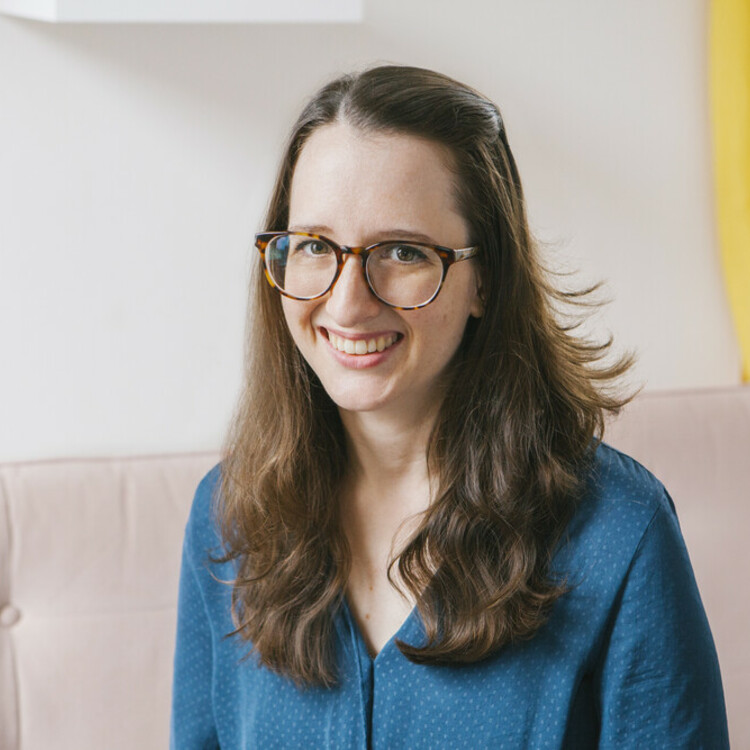
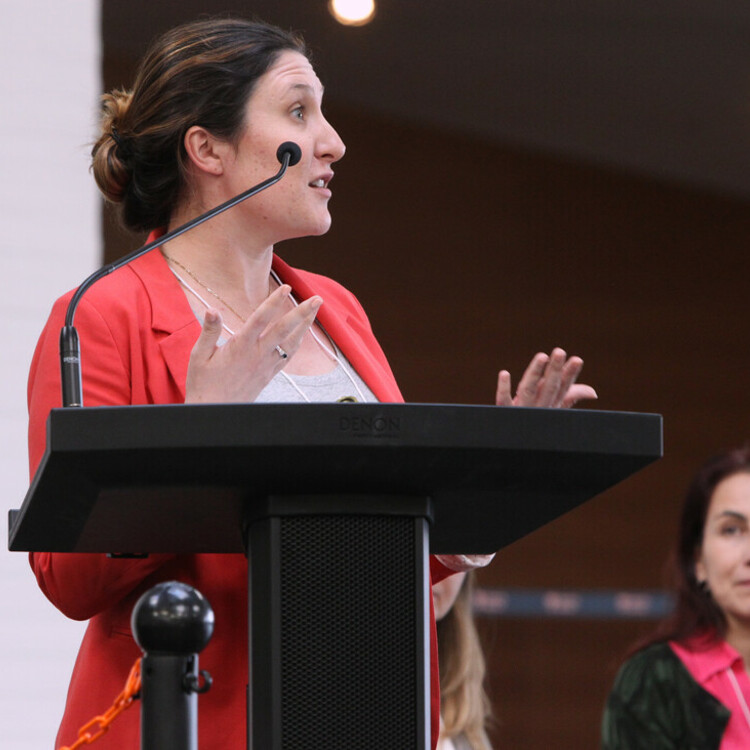
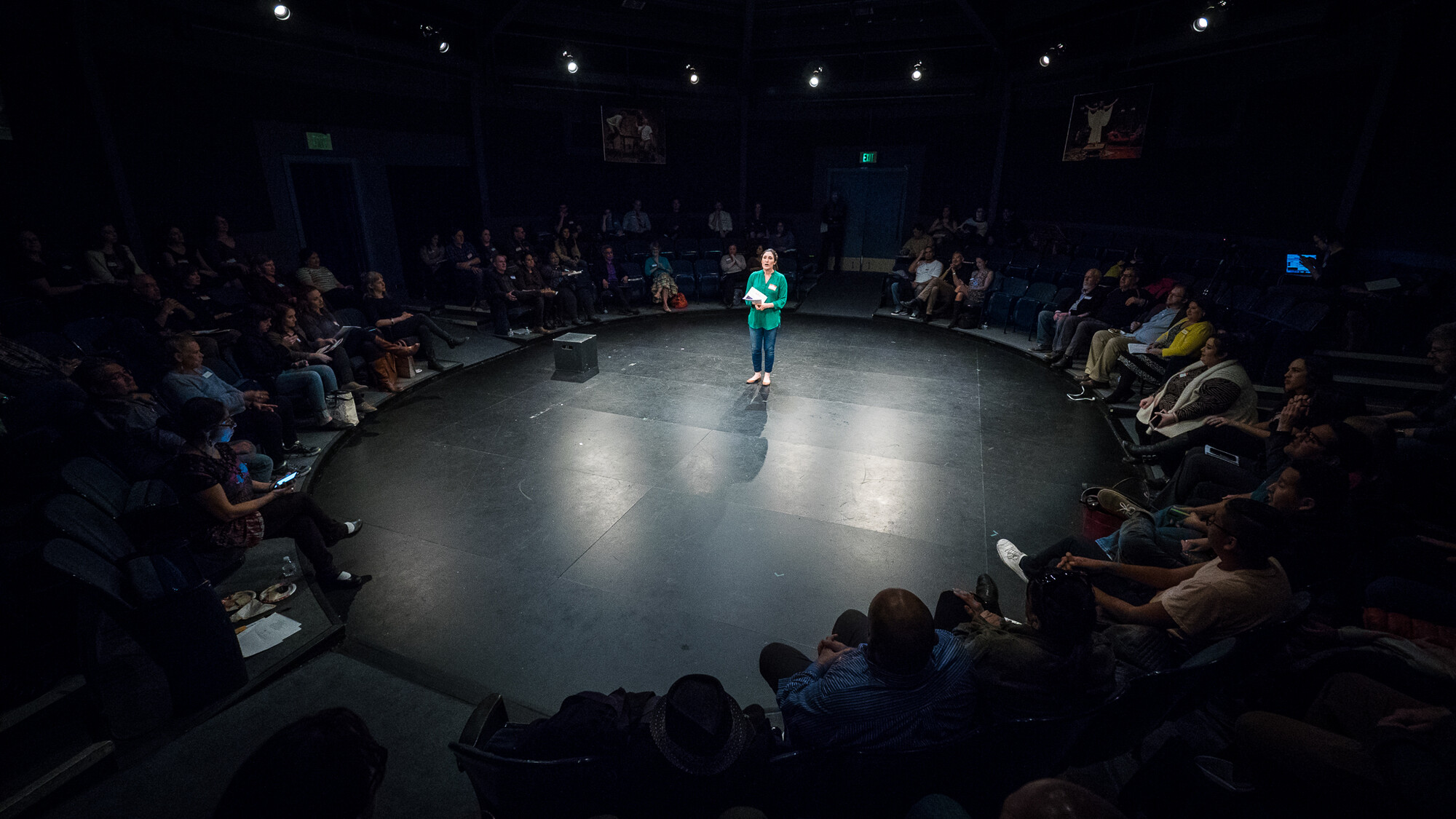
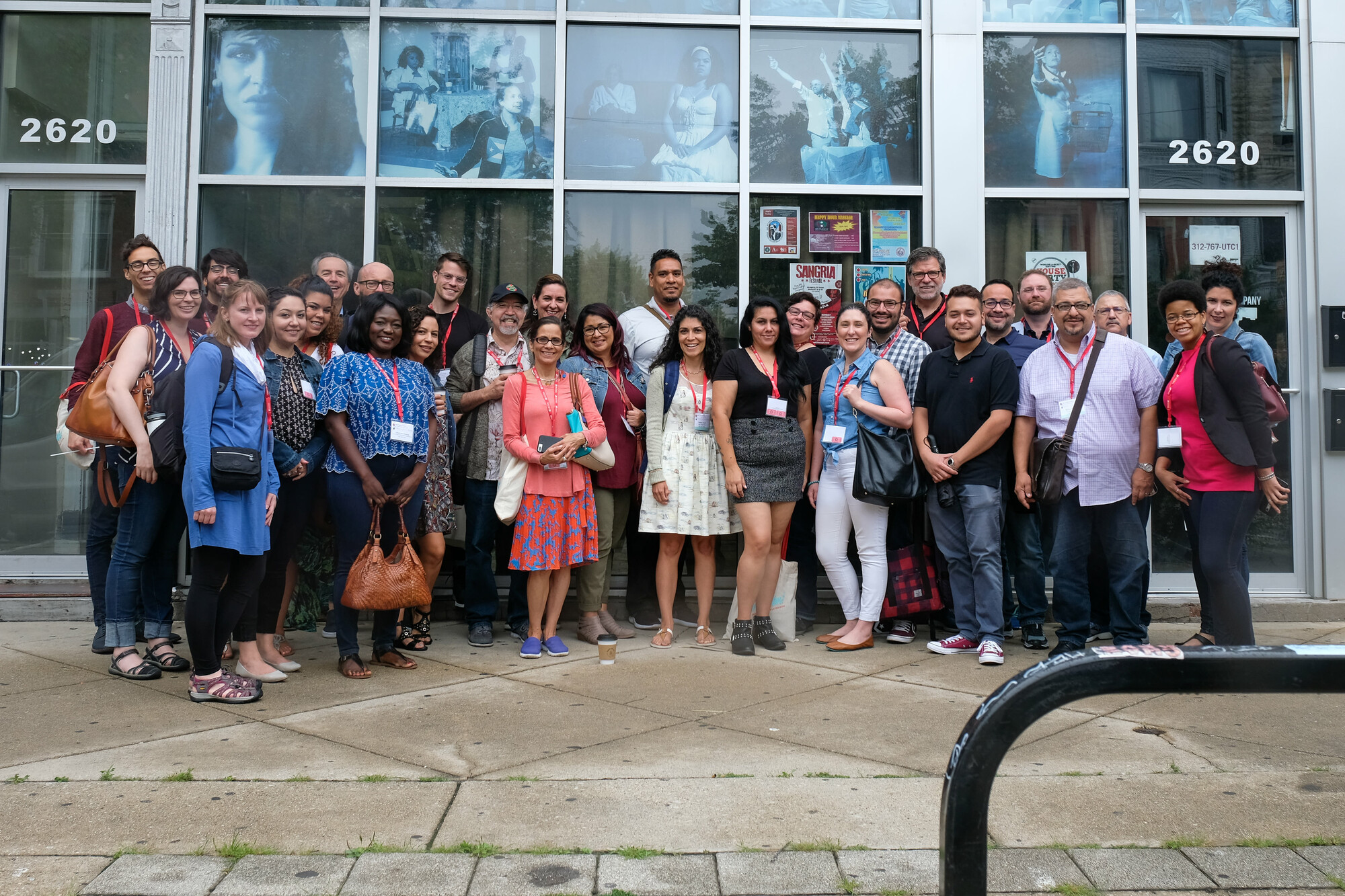
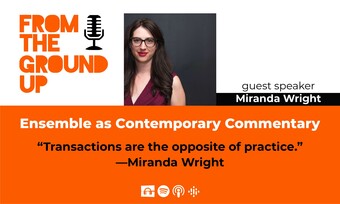


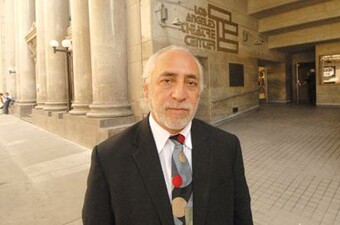


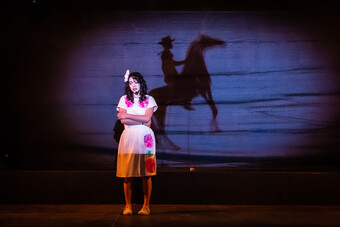


Comments
The article is just the start of the conversation—we want to know what you think about this subject, too! HowlRound is a space for knowledge-sharing, and we welcome spirited, thoughtful, and on-topic dialogue. Find our full comments policy here